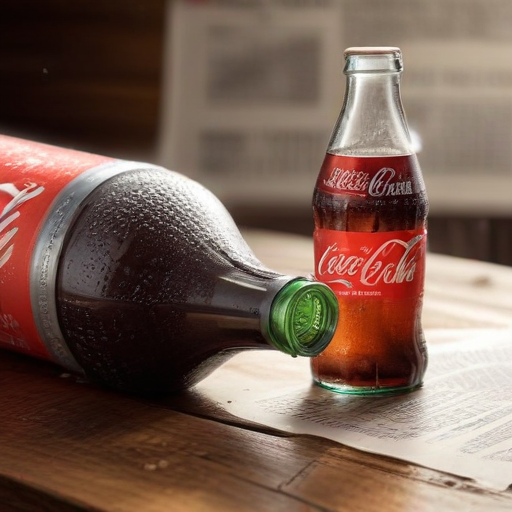As consumers in the U.S. increasingly turn to weight loss drugs and non-alcoholic alternatives, many are reconsidering their soda purchases. Despite this trend, Coca-Cola has reported impressive earnings for the second quarter, largely fueled by strong global demand for its products. The beverage giant has even raised its full-year projections following this success.
Coca-Cola’s CEO, James Quincey, expressed optimism about the company’s results, indicating significant growth in both revenue and operating income in a dynamic market. However, the company did experience a 1% drop in volume sales in North America. Quincey attributed this decrease largely to a decline in on-the-go consumption, which encompasses water, sports drinks, coffee, tea, and soda.
The decline in U.S. sales was somewhat balanced by the performance of Coca-Cola’s Fairlife milk and its flagship beverage, which ranked at the top for retail sales growth during this period. To combat the volume dip, Coca-Cola is collaborating with food chains to incorporate its sodas into combo meals—a strategy they are pursuing with McDonald’s, particularly for the fast-food chain’s $5 meal deal.
In financial terms, Coca-Cola exceeded Wall Street’s expectations, reporting $12.4 billion in revenue, amounting to approximately $0.84 per share, compared to pre-forecasted expectations of $11.76 billion. The company has since raised its forecast for organic revenue growth to between 9% and 10%, adjusting from a previous estimate of 8% to 9%.
As Coca-Cola navigates these challenges, it mirrors experiences within the broader beverage industry, including rival Pepsi, which is also feeling the effects of shifting consumer preferences. Pepsi recently cited a series of recalls and emerging trends towards healthier lifestyle choices as reasons for its stagnant performance in the second quarter.
All in all, while Coca-Cola faces some challenges in the U.S. market, its ability to adapt and innovate within the competitive landscape demonstrates a resilience that could bode well for its future growth. These efforts to enhance product accessibility and align with consumer preferences reflect a constructive approach that may lead to long-term success despite the current market fluctuations.
In summary, Coca-Cola has shown a robust business performance in the second quarter, overcoming some sales challenges by leveraging innovation and strategic partnerships, showcasing the potential for resilience even as consumer habits evolve.
